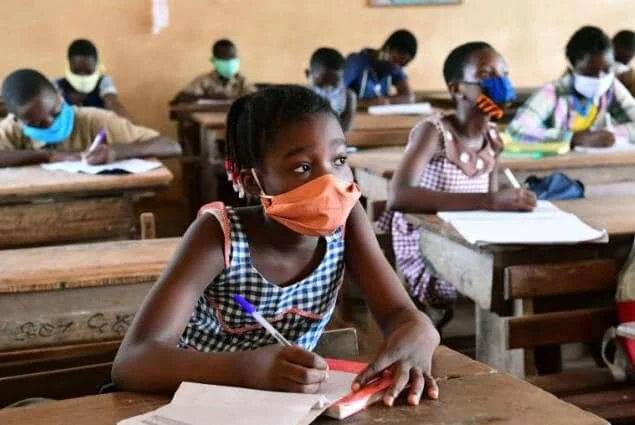The High-Level Global Conference on Youth-Inclusive Peace Process was held virtually on 20-21 January 2022, co-hosted by Qatar, Finland, and Colombia, and co-organized with civil society and UN partners. It began with a Youth Pre-Event on 19 January 2022, leading up to the Global Conference on 20-21 January 2022. The high-level conference aimed to secure national commitments to advance the country-level operationalization of the Youth Peace Security agenda and strengthen political will and commitment to including youth in peace processes. Interactive and action-oriented discussions convened across five themes building on the Youth Peace Security agenda between Heads of State and other High-Level Government representatives, young peacebuilders, and representatives of intergovernmental organizations, CSOs, academia, and donors.
The Youth Café At The Voluntary National Review-Voluntary Local Review Workshop.
Voluntary National Review is a strategy based on the 2030 Agenda: Member states to "conduct regular and inclusive reviews of progress at the national and sub-national levels, which are country-led and country-driven. Like the 2030 Agenda of participation, The Youth Café strives for global connection, has reached over 72 countries, and is a local and national rope for achieving goals. The Youth Cafés principles are a call to action for governments, civil societies, private and public sectors, bi- and multilateral, and knowledge institutions. To invest in mutual prospects and work in partnership for sustainable development.
COVID-19 And Education In Sub-Saharan Africa: 5 Actions For The Way Forward
According to data from the UNESCO Institute for Statistics (UIS), sub-Saharan Africa (SSA) has low learning proficiency and the highest rates of education exclusion, with more than 20% of children between 6 and 11, about 33% of those between 12 and 14 and 60% of youth 15 to 18 years old out of school (UIS 2019). The advent of Covid-19 has worsened the state of global education, but the hardest-hit regions will be those with less robust education systems such as sub-Saharan Africa. Robust systems are identified by their high literacy and numeracy rates, which can be used to predict the future human capital of the country.




